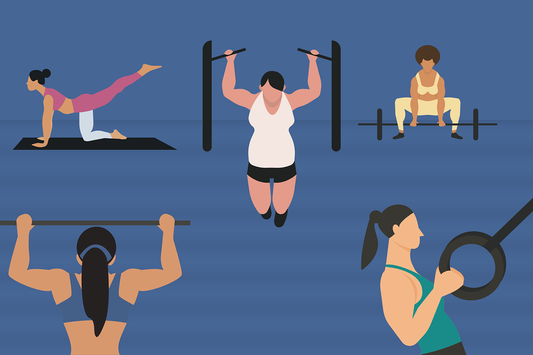
Measuring Blood Sugar Levels: Preparation, Methods, Nutrition and Diabetes
Međimurski cekerMeasuring blood sugar (glucose) levels is essential for diagnosing and managing diabetes. There are many factors that affect sugar levels, including diet, types of nutrients and metabolic processes in the body.
This article will cover all the key aspects related to measuring blood sugar, the impact of different nutrients on sugar levels, diabetes, and ways to prevent and manage this disease.
Preparation for Blood Glucose Measurement
To measure blood sugar accurately, you need to fast. It is recommended not to consume food at least 8-12 hours before the test. Water is allowed, but any calorie intake can affect the results.
Influence of Food Intake on Sugar Level
Food intake 8-12 hours before testing can significantly affect blood sugar levels. Various foods, especially those rich in carbohydrates, can increase glucose levels.
Methods of Measuring Blood Sugar
Independent Measurement at Home
There are several devices and methods for measuring sugar at home:
- Glucometers: Test strips and a small blood sample from a finger are used. Glucometer prices range from HRK 100 to HRK 500, while the price of test strips ranges from HRK 50 to HRK 200 for a package.
- Continuous Glucose Monitors (CGM): Devices that are worn on the body and continuously measure sugar levels. The price can be from a few thousand HRK to more than 10,000 HRK per year, including sensors and reading devices.
- Glucose patches: Relatively new devices that stick to the skin and continuously measure sugar levels. The cost varies, but can be similar to CGM devices.
Precision
The accuracy of these devices can vary, but modern glucometers and CGM devices are usually very accurate, with deviations of less than 10%.
The influence of nutrition on the level of sugar in the blood
Carbohydrates
Carbohydrates are quickly broken down into glucose, which can significantly increase blood sugar levels. There are two main types of carbohydrates:
- Simple carbohydrates: Found in sugar, sweets and fruit. They are quickly digested and cause a rapid rise in blood sugar.
- Complex carbohydrates: Found in whole grains, vegetables and legumes. They are digested more slowly and cause a gradual rise in blood sugar.
Examples of foods:
- Simple carbohydrates: White bread, sweets, fruit juices.
- Complex carbohydrates: Whole rice, quinoa, lentils.
Proteins
Proteins have a minimal effect on blood sugar levels because they are digested slowly and are not quickly converted into glucose.
Examples of foods:
Chicken, beef, eggs, fish.
Fats
Fats also have a minimal effect on blood sugar levels, but can slow down the digestion of carbohydrates and proteins.
Types of fat:
Saturated fats: Found in fatty meat, butter, cheese.
Unsaturated fats: Found in nuts, avocado, olive oil.
Examples of foods:
Saturated fats: Butter, cheese, red meat.
Unsaturated fats: Olive oil, almonds, salmon.
Effect of Protein and Fat on Sugar Level
Eating only protein and fat can lower blood sugar levels, as these nutrients do not cause a rapid rise in glucose like carbohydrates. However, a balanced diet that includes all macronutrients is essential for long-term health.
Diabetes: Types and Symptoms
Types of Diabetes
- Type 1 Diabetes: An autoimmune disease where the body does not produce insulin.
- Type 2 Diabetes: A disease where the body does not use insulin effectively.
- Gestational Diabetes: Diabetes that develops during pregnancy.
Normal and Abnormal Glucose Levels
- Normal levels: 4-5.6 mmol/L fasting.
- Prediabetes: 5.7-6.9 mmol/L.
- Diabetes: 7 mmol/L or more.
Symptoms of Diabetes
- Type 1: Frequent urination, extreme thirst, weight loss.
- Type 2: Fatigue, blurred vision, slow wound healing.
Dehydration and Frequent Urination in Diabetes
People with diabetes often drink more water and urinate more often because of high blood glucose levels that pull water from tissues, causing dehydration and thirst.
Prevention and Management of Diabetes through Nutrition and Training
Dietary changes and regular physical activity can help manage prediabetes and diabetes.
Diet
- Reducing the intake of simple carbohydrates.
- Increasing fiber intake.
- Intake of healthy fats and proteins.
Training
Regular exercise helps maintain a healthy weight and improves insulin sensitivity.
Conclusion
Dietary and lifestyle changes can significantly affect blood sugar levels and help manage or prevent diabetes. A balanced diet, regular exercise and monitoring of glucose levels are key steps towards a healthier life.








































































